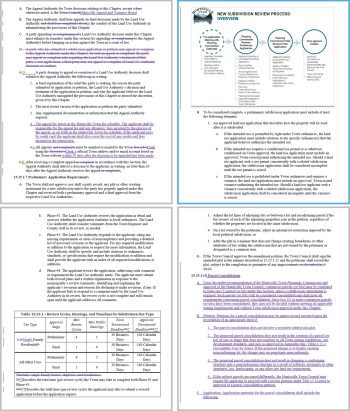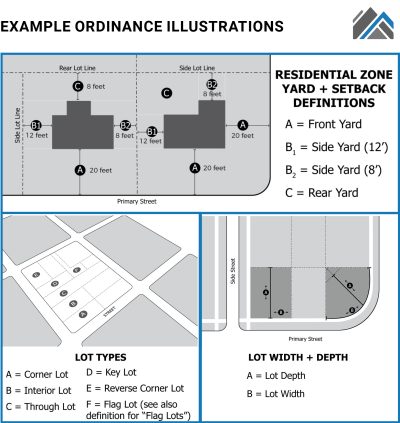
We Write the Regulations that Make Your Community’s Vision a Reality
The law is your most important tool for improving your community. If your local ordinances (or “code”) are a mess, your local government operations and development environment probably are too. We use our years of experience and unique ordinance-drafting process to create effective laws that bring order to your community.
Our team, headed by Mike Hansen, AICP, has over two decades of planning and code experience. We’ve completed over 100 code-writing projects in the last few years, from technical revisions to land use chapters to revising entire city code books. We also regularly produce ordinance training material in partnership with the Utah Office of the Private Property Rights Ombudsman.
What Makes Our Code Special
We write ordinances that:
- Follow your community’s General Plan (not the other way around)
- Are legal (because they comply with state and federal law)
- A normal person can understand (written in “plain language”)
- Are illustrated, where useful (with tables, charts, and graphics)
- Are internally consistent
- Reflect industry best-practices
- Cover all your bases
- Get adopted
And we achieve these outcomes quickly by following our unique drafting process (keep scrolling, it’s worth it):

Our Ordinance Drafting Process
When revising or drafting ordinances for a local government, we follow a four-step process:
- Audit existing ordinances. We review the current version of the ordinances and identify issues and omissions.
- Make material changes. We amend the ordinances to compliment the community’s General Plan and vision, bring the code into conformity with state and federal law, resolve inconsistencies, simplify processes, and correct any other substantive or procedural issues.
- Rewrite in plain language. We revise the ordinances so that a normal person can easily understand them. This typically involves eliminating legalese, consolidating and reorganizing content, and adding summary charts, tables, headings, and illustrations.
- Explain changes. Along with the proposed ordinance updates, we deliver a “Policy Discussion Catalog” identifying and explaining the changes we’ve made. This catalog helps the local legislative body review and adopt the code quickly and easily. We then present our work and answer any questions.

Code Experience
We have lots of code experience. Here are just a few of our recent projects.
